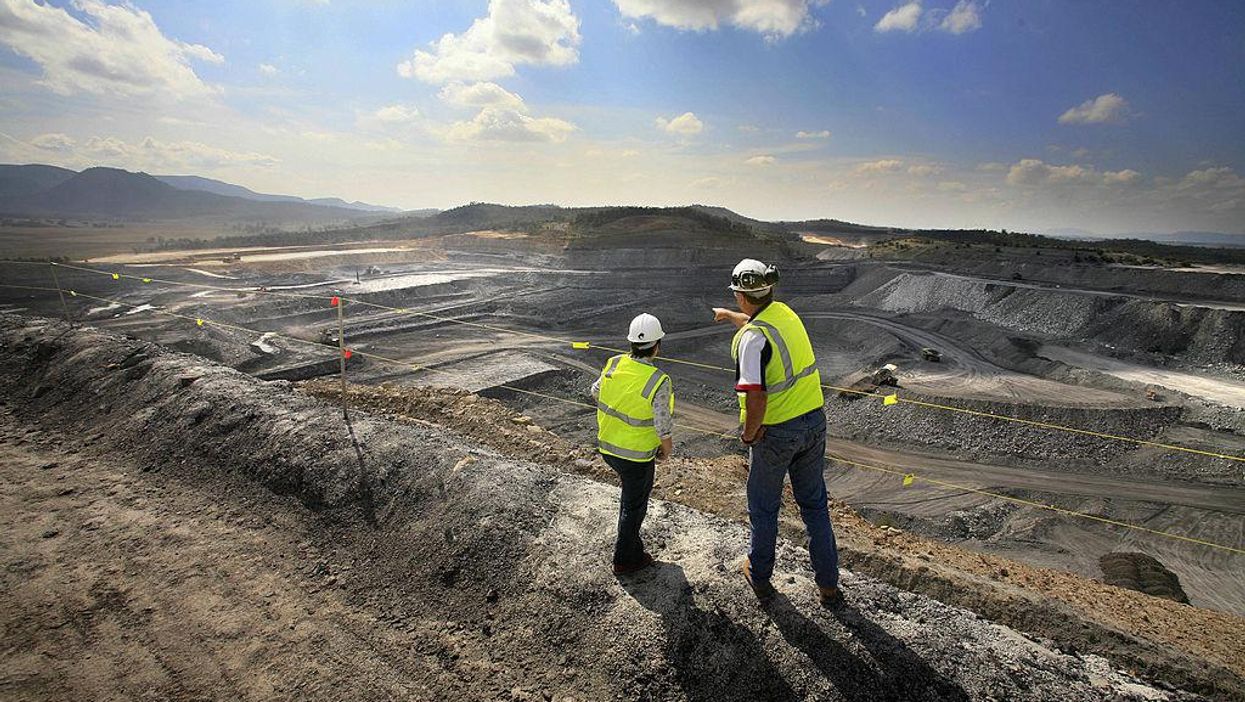
DAVID HANCOCK/AFP via Getty Images

The United States is in a mad dash to usher in the era of green energy as it works to increase its lithium reserves and reduce dependency on fossil fuels.
However, in order to reach its clean energy goals, the U.S. is going to need far more lithium than it currently has in its possession, PBS reported.
However, in order for the U.S. to grow its mineral reserves so that it can produce green technology, it must participate in an extraction process that is wildly unclean and faces challenges from environmentalists, indigenous peoples interest groups, and burdensome government regulations.
There is also the issue that there is only one active lithium mine in the continental U.S. — despite lithium reserves being abundant across the globe. The lithium available in this Nevada mine reportedly isn’t enough to meet the growing amount required to develop rechargeable lithium-ion batteries commonly found in electric vehicles.
Currently, much of the world’s lithium supply is sourced from South America and Australia, with China dominating the global manufacturing and distribution of lithium-ion batteries. The U.S. currently produces less than 2% of the world’s lithium supply despite having nearly 4% of the estimated global lithium reserve.
“Nobody really foresaw this huge spike in demand,” Tim Crowley, the vice president of government affairs for Lithium Nevada, said. “We owned the lithium space for a long time, and we forfeited it to China.”
In order to increase lithium production, the U.S. must either expand mining and processing operations in places like Chile — home to the world’s largest known lithium reserves — which could involve the removal and destruction of parts of the Chilean rainforest — or expand its domestic production efforts, which would require open-pit mining or brine extraction to force the lithium-rich brine to the surface.
Either way, activist groups like the far-left Sierra Club have warned that increased lithium production efforts run the risk of harming lands sacred to indigenous peoples and endangering fragile ecosystems that are home to some of the world’s rarest and most endangered species.
However, Glenn Miller, emeritus professor of environmental sciences at the University of Nevada, suggested that increased lithium production efforts could, in the long run, be better for the environment by reducing global dependency on fossil fuel-burning cars.
He said, “A domestic source has tremendous value. Then we can do things that only China is doing with production.”
The Biden administration has planned for 500,000 EV charging stations to be erected throughout the country as one of its infrastructure goals. This, and the administration’s push for more American companies to produce and more American citizens to purchase EVs, will require a substantial amount of lithium.